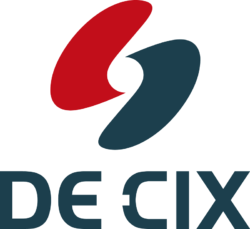The Internet Society, RIPE NCC, and Euro-IX organized the third event of the Virtual Peering Series – Central Asia on 14 September 2021 at 09.00-10.30 UTC (14.00-15.30 in Western Kazakhstan, Turkmenistan, and Uzbekistan, and 15.00-16.30 in Eastern Kazakhstan, Kyrgyzstan, and Tajikistan).
This event focused on what is required to implement a successful IXP, such as equipment, services, and convenient access to fiber routes. It discussed the importance of setting up and running IXPManager, a management platform for IXPs as well as route server and looking glass services, how to apply for Autonomous System Number (ASNs) and IP addresses from the RIPE NCC, and how to register with PeeringDB, a web-based database of networks that are interested in peering to showcase the IXP and its participants. It also discussed value added services that can be located at an IXP such as a Root Domain Name System (DNS) server, the AS112, a service that secures the DNS system and Authoritative DNS (AuthDNS) services, a Network Time Protocol (NTP) server, and how to implement the Mutually Agreed Norms for Routing Security (MANRS) actions.
The previous events highlighted why Internet exchange points are important for the region, the benefits of establishing them, and how to develop operator communities for a common purpose. Both were well attended with high levels of interaction, showing there’s a great deal of interest in improving connectivity in Central Asia. This event drew on the experience of Max Stucchi (Internet Society), Flavio Luciani (Nautilus Mediterranean eXchange – Namex), Albert Toneyan (Armenian Internet Traffic Exchange Foundation – ARMIX), and Ucha Setari (IXP Georgia – IXP.ge). They provided practical technical hints toward building an IXP.
The Virtual Peering Series – Central Asia series introduced the benefits of IXPs; bring together network operators, content providers, and DNS operators who are interested in improving the Internet in their countries and localities; and develop plans for establishing and/or operating an IXP. It also discussed IXP best practices, including technical solutions as well as hosting, financing, and staff resourcing, with the aim of developing suitable approaches for local circumstances.










